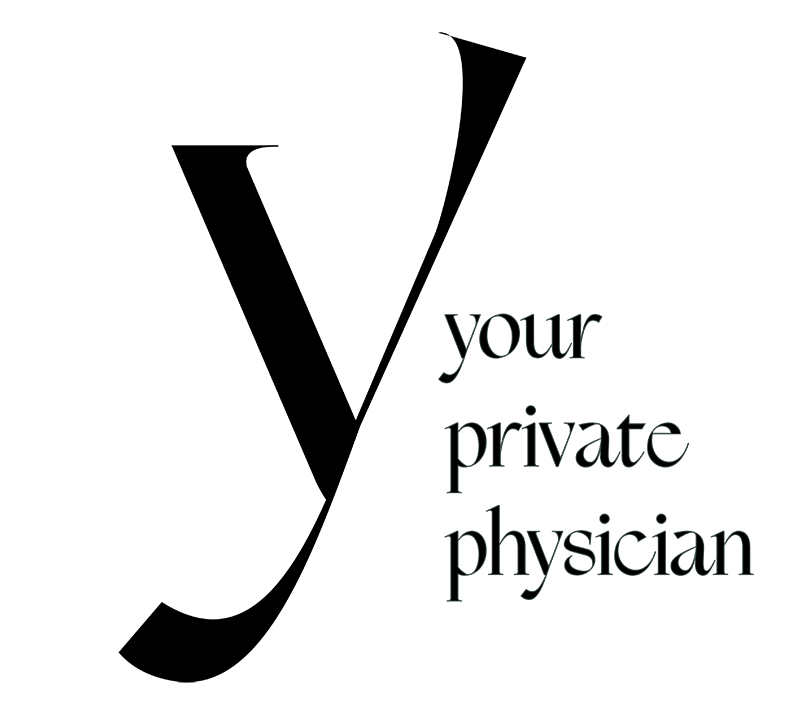Last reviewed Wed 19 June 2019By Jayne Leonard Reviewed by Timothy J. Legg, PhD, CRNP
- Appetite and weight
- Sleep habits
- Alcohol or drugs
- Fatigue
- Forced happiness
- Pessimism
- Concentration
- Disinterest
- Health complaints
- Angry or irritable
- Sex drive
- Common causes
- How to help yourself
- How to help someone else
- Getting help
- Summary
Some people with depression may try to hide the signs from others, or they may not even realize that they have depression. Although the typical symptoms of depression, such as sadness or hopelessness, can be easy to recognize, there are symptoms that may be less obvious.
In this article, we discuss some of the possible hidden signs of depression. However, it is important to note that some of these signs can also indicate other medical issues.
We also cover what healthcare professionals believe to be common causes of depression, what a person should do if they think they or someone else has depression, and some sources of help for people with depression.
Appetite and weight changes

Hidden signs of depression can include appetite and weight changes.
Eating too much or too little can suggest the presence of depression. Some people turn to food for comfort, while others lose their appetite or eat less due to low mood.
These changes in food intake can cause a person to start gaining or losing weight.
Dramatic weight changes can also exacerbate depression, as they can affect a person’s self-esteem.
There may also be physiological factors at play. For example, there is a link between carrying excess fat and increased inflammation in the body. This, in turn, may play a role in the development or increased severity of depressive symptoms.The difference between depression and sadnessLearn how to tell the difference between sadness and depression here.READ NOW
Changes in sleep habits
There is a strong link between mood and sleep. A lack of sleep can contribute to depression, and depression can make it more difficult to sleep.
According to the National Sleep Foundation, people with insomnia are 10 times more likely to have depression than those without the condition.
Sleeping too much can also be a sign that a person may have depression.
Alcohol or drug use
Some people with mood disorders may use alcohol or drugs to cope with their feelings of sadness, loneliness, or hopelessness.
The Anxiety and Depression Association of America (ADAA) report that in the United States, around 1 in 5 people with anxiety or a mood disorder such as depression also have an alcohol or substance use disorder.
Conversely, the same number of those with an alcohol or substance use disorder also have a mood disorder.
Fatigue
Feeling excessively tired is a very common symptom of depression. Some research suggests that over 90% of people with depression experience fatigue.
Although everyone feels tired from time to time, people who have severe or persistent tiredness — especially if it accompanies other symptoms — may have hidden depression.
Forced happiness
Sometimes, people refer to hidden depression as “smiling depression.” This is because people who hide their symptoms may put on a happy face when in the company of others.
However, it can be difficult to keep up this forced happiness, so the mask may slip and a person may show signs of sadness, hopelessness, or loneliness.
Less optimistic than others

Studies suggest that people with depression may have more pessimistic tendencies.
There is a theory that people with depression may display a trait called “depressive realism,” which means that they may be “more accurate” in their view of events and the control they have over those events than people without depression.
People with depression may also be more pessimistic. Studies suggest that those with major depressive disorder often have a more negative view of the future.
Being more realistic or pessimistic than others may be one sign of depression, especially if the person has other possible symptoms of depression.
Loss of concentration
When a person trails off during conversations or loses their train of thought, it can indicate issues with memory and concentration, which is a common symptom of depression.
A 2014 study suggests that these difficulties with concentration and focus can worsen the social impact of depression by making work life and personal relationships more challenging.
Disinterest in hobbies
The National Institute of Mental Health list a “loss of interest or pleasure in hobbies and activities” as one of the telltale symptoms of depression.
Disinterest in activities that a person used to enjoy can be one of the first signs that other people notice when their loved one has depression.
Physical pains and health disorders
Depression is a mental health condition, but it can also have physical consequences. In addition to weight changes and fatigue, other physical symptoms of hidden depression to look out for include:
- backache
- chronic pain conditions
- digestive problems
- headache
Research also indicates that those with major depression are more likely than those without the condition to experience:
- arthritis
- autoimmune conditions
- cancer
- heart disease
- type 2 diabetes
Being angry or irritable
Many people do not associate anger and irritability with depression, but these mood changes are not unusual among those with the condition.
Instead of appearing sad, some people with hidden depression may display irritability and overt or suppressed anger.
Low sex drive
According to Dr. Jennifer Payne, director of the Women’s Mood Disorders Center at Johns Hopkins Medicine in Baltimore, MD, some health professionals consider changes in sex drive a key indicator for diagnosing episodes of major depression.
There are several reasons that a person’s libido might decrease when they have depression, including:
- loss of interest in pleasurable activities such as sex
- fatigue and low energy levels
- low self-esteem
Common causes of depression
Scientists do not yet know the exact cause of depression. However, many experts think that several factors play a role in its onset, including:
- Genetics: Depression can run in families. Having a close relative with the condition can raise a person’s risk for developing it themselves.
- Biological and chemical differences: Physical changes or chemical imbalances in the brain may contribute to the development of depression.
- Hormones: Hormonal changes or imbalances in the body may cause or trigger depression. For example, many women experience postpartum depression after giving birth.
- Trauma or stress: Periods of high stress, traumatic events, or major life changes can trigger an episode of depression in some people.
- Personality traits: Having low self-esteem or being pessimistic, for example, may increase the risk of depression.
- Other illnesses: Having another mental or physical health condition or taking certain medications can increase the risk of depression.
What to do if you think you have hidden depression

Spending time with others can help treat depression.
People who believe that they may have hidden depression should speak to their doctor or a mental health professional. These professionals can help make a diagnosis and recommend a course of treatment.
Other steps to treat depression might include:
- reducing stress, such as through meditation, deep breathing exercises, or yoga
- improving self-esteem through positive self-affirmations
- socializing with others (though this can be challenging with depression)
- engaging in activities that the person used to enjoy or attempting to identify new activities that they may be interested in
- exercising regularly
- eating a balanced diet
- asking family or friends for support
- joining a support group
What to do if a loved one has hidden depression
If a loved one appears to have signs of hidden depression, try to talk to them about their symptoms and offer nonjudgmental support and advice.
This can include:
- encouraging them to seek treatment
- offering to accompany them to appointments
- planning enjoyable activities together
- exercising together
- encouraging them to socialize with others
People looking after someone with depression also need to practice good self-care in order to preserve their own mental well-being.
Getting help for depression
People with symptoms of depression should consider seeking help from a loved one or a healthcare professional, such as a doctor or psychotherapist.
Other sources of help for people with mental health conditions and mood disorders include the ADAA’s website and Mental Health America’s list of support groups.
Suicide prevention
- If you know someone at immediate risk of self-harm, suicide, or hurting another person:
- Call 911 or the local emergency number.
- Stay with the person until professional help arrives.
- Remove any weapons, medications, or other potentially harmful objects.
- Listen to the person without judgment.
- If you or someone you know is having thoughts of suicide, a prevention hotline can help. The National Suicide Prevention Lifeline is available 24 hours a day at 1-800-273-8255.
Summary
Not everyone with depression will display the typical symptoms of sadness and despair.
Sometimes, the only signs a person may show are physical, such as fatigue, insomnia, or weight changes.
Other signs of hidden depression can include using alcohol or drugs, acting irritable or angry, and losing interest in pleasurable activities such as sex and hobbies.
People concerned that a loved one has hidden depression should try talking to them about their symptoms and offering nonjudgmental support and advice.
Individuals who suspect that they have depression should consider discussing it with a friend or mental health professional.
